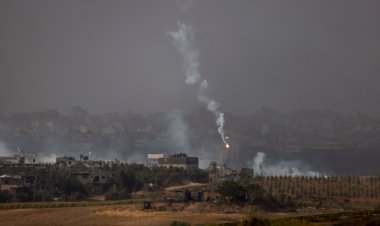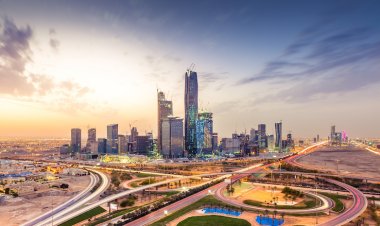The "State Ownership Document"... the gateway to stimulating the free economy and partnership with the private sector
The state ownership policy document is represented in the government’s focus on exiting the economic sectors
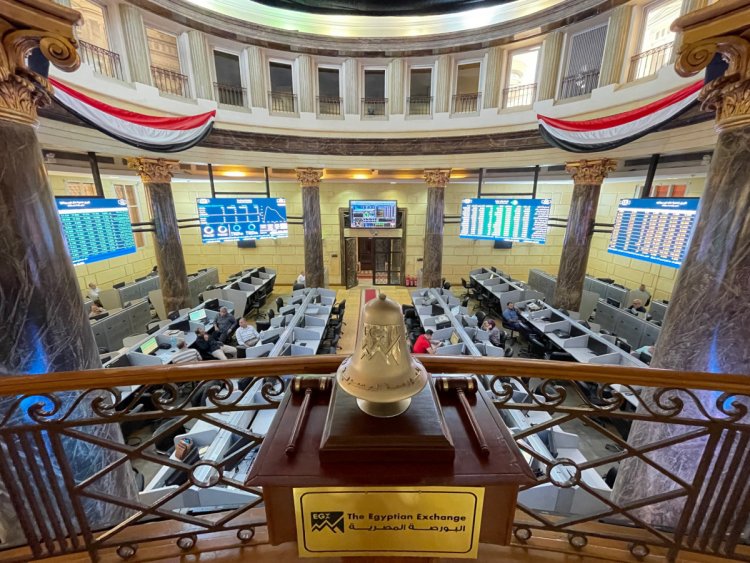
Economists agreed that the state's efforts in the recent period were clear in order to involve the private sector in the development process.
The state ownership policy document is represented in the government’s focus on exiting the economic sectors, and giving more space to the private sector, so that its participation in the economy reaches about 65%, and the state’s interest in implementing it is very important, in light of the fact that the Supreme Investment Council took a set of decisions, the most important of which is neutrality competitive.
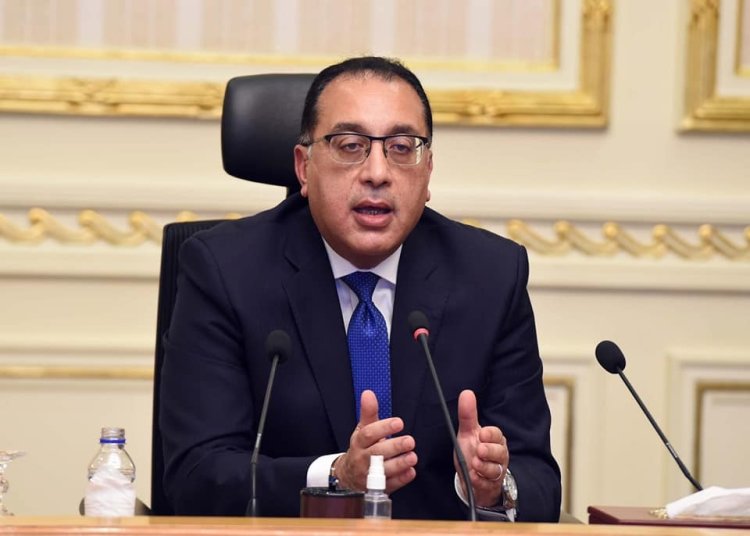
Strengthening dollar
Therefore, the “Higher Investment” issued a decision that there are innovations for some economic activities to enhance the dollar, as the state aims to increase its proceeds and revenues to 191 billion, and the estimated increase amounts to 70 billion dollars, and this is provided by working to increase the expected foreign exchange sources.
Tourism and export
The two most important sectors developed by the government are tourism, which currently brings in $13 billion to the state, as it aims to raise the sector’s revenues by 20%. As for the second sector, “export”, it seeks to increase the rate of revenue resulting from export operations by 20%, to range from 9 to 10 billion dollars, considering the sectors inside Egypt have a good opportunity for export, as evidenced by the fact that the state is setting, in the 2030 plan, a target of reaching an export volume of about $100 billion.
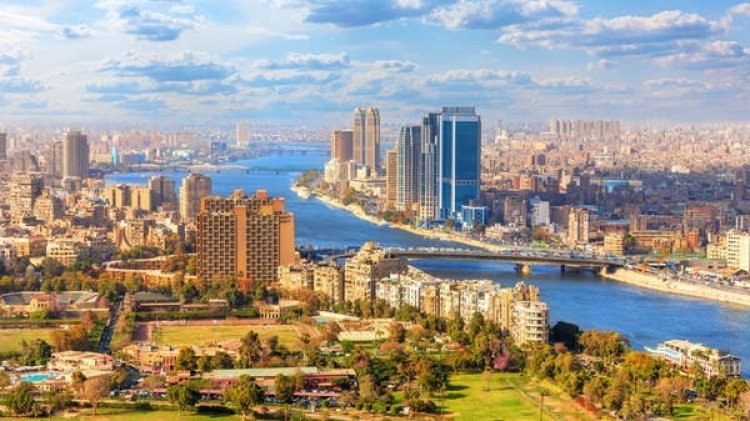
Suez Canal
One of the sources of foreign exchange is the Suez Canal, where the state aims to increase its revenues by 10%, thus relying here not on the canal’s income only, but through a lot of marine and logistical services on the banks of the canal in Port Said and the Suez Canal as a whole.
The state is also currently aiming to create another added value by repairing ships and services that are provided in addition to transit fees, and thus maximizing the value of the resulting dollar figure by providing other services to ships is an increase of 10% to their revenues.
Market economy
The market economy or the capitalist system requires that the private sector be inclusive of individuals and private establishments, and that it makes investments in all sectors of economic activity, and that the role of the government is traditional, such as carrying out its functions in defense, security, justice, establishing order, preserving property rights, and achieving social justice through the financial policy represented in Taxation and public spending policy, and the provision of systems for social security, social insurance, and comprehensive health care, are all systems that the government supervises.
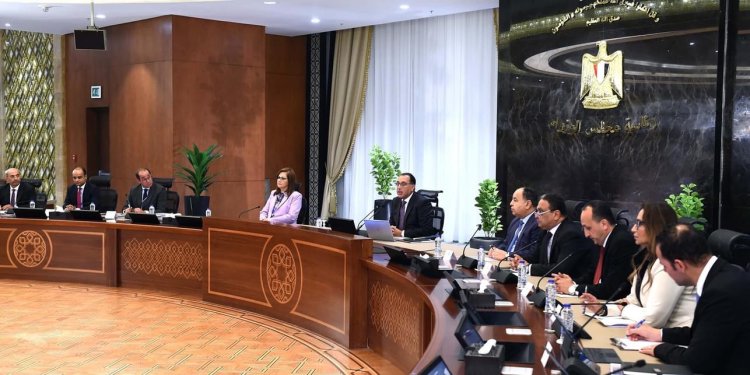
Public ownership policy
The public ownership policy document for government projects is very important, and it is considered an essential step in consolidating the foundations of a free economy, a market economy, or a capitalist economy, which is based on two pillars. The first is that individuals and establishments implement all productive projects in the fields of economic activity. The government plays its role within those limits that have been mentioned, and there are many exceptions for the government to carry out economic activities or implement productive projects, whether commodity or service. Partially entrusting it to the private sector under strict government supervision.


 Shrouq
Shrouq 







